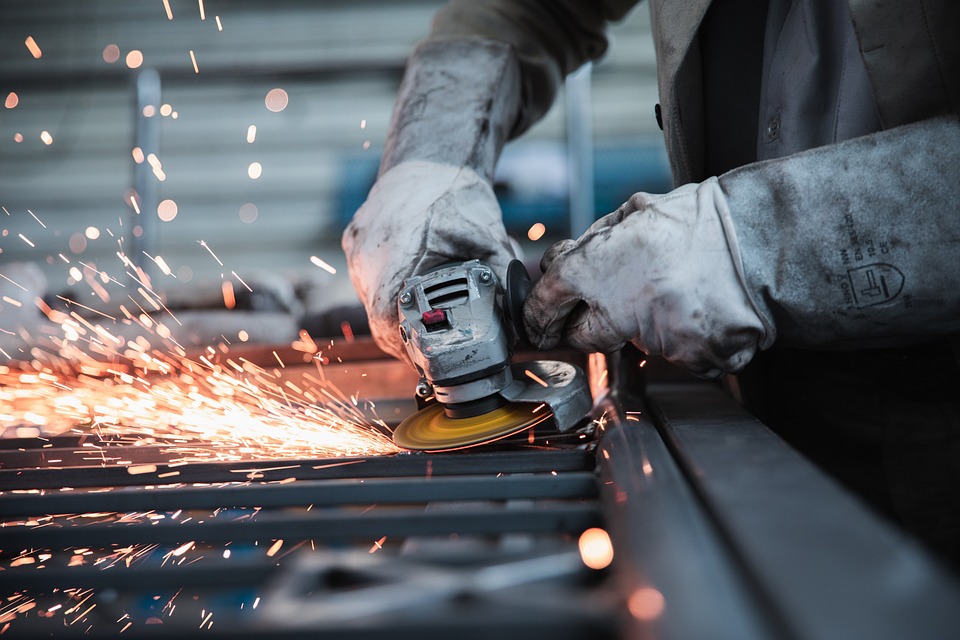Denmark’s Manufacturing Sector: A Surprisingly Resilient Economy
As a macroeconomist specializing in Nordic countries, I have always been fascinated by the resilience and dynamism of the Danish manufacturing sector. Despite the challenges posed by globalization, technological advancements, and changing consumer preferences, Danish manufacturing has managed to remain a key driver of the country’s economy. In this article, I will delve into the complexities of the Danish manufacturing sector and explore the key factors that have contributed to its success.
The Role of Manufacturing in the Danish Economy
Denmark’s manufacturing industry, known as “industri” in Danish, plays a crucial role in the country’s economic landscape. It accounts for a significant share of Denmark’s GDP and is a major source of employment. The manufacturing sector encompasses a wide range of industries, including machinery, food processing, pharmaceuticals, and renewable energy technology.
One of the defining features of Danish manufacturing is its strong focus on innovation and quality. Danish manufacturers are renowned for their ability to produce high-value-added products that are in demand both domestically and internationally. This emphasis on innovation has allowed the manufacturing sector to remain competitive in the face of global competition.
Challenges and Opportunities
Like many other advanced economies, Danish manufacturing has had to adapt to the challenges posed by globalization and technological change. The rise of low-cost manufacturing hubs in Asia and Eastern Europe has put pressure on Danish manufacturers to streamline their operations and improve efficiency. Additionally, the increasing adoption of automation and digital technologies has transformed the nature of manufacturing processes, requiring Danish firms to invest in new skills and technologies.
However, these challenges have also presented opportunities for Danish manufacturers to innovate and diversify. The government has played a key role in supporting the sector through initiatives aimed at promoting research and development, fostering collaboration between industry and academia, and providing financial incentives for firms to invest in new technologies. As a result, Danish manufacturers have been able to carve out niches in high-tech industries such as robotics, renewable energy, and advanced materials.
Sustainability and Green Manufacturing
Denmark has been at the forefront of the global push towards sustainable and green manufacturing practices. The country’s strong commitment to environmental stewardship has prompted many Danish manufacturers to adopt eco-friendly production methods and invest in renewable energy technologies. This has not only enhanced their global competitiveness but has also positioned Denmark as a leader in clean and green manufacturing.
The Danish government has been instrumental in promoting sustainable manufacturing through policies aimed at reducing carbon emissions, promoting the circular economy, and investing in green infrastructure. As a result, Danish manufacturers have been able to capitalize on the growing demand for eco-friendly products and technologies, further bolstering the sector’s resilience.
The Impact of COVID-19
The COVID-19 pandemic has had far-reaching implications for the global economy, and Danish manufacturing has not been immune to its effects. The pandemic disrupted global supply chains, leading to supply shortages and logistical challenges for Danish manufacturers. However, the sector’s adaptability and resilience have been on full display, as many firms quickly pivoted to producing essential medical supplies and personal protective equipment.
The pandemic also highlighted the importance of digitalization and automation in manufacturing, as firms that had already invested in these technologies were better equipped to adapt to the challenges posed by the crisis. Going forward, it is likely that Danish manufacturers will continue to prioritize digital transformation and resilience as key pillars of their strategic planning.
Conclusion
In conclusion, Danish manufacturing has demonstrated remarkable resilience and adaptability in the face of numerous challenges. By prioritizing innovation, sustainability, and digitalization, the sector has managed to remain competitive on the global stage. As a macroeconomist, I find the Danish manufacturing sector to be a fascinating case study of how a small, open economy can thrive in an increasingly interconnected world.
As Denmark continues to navigate the complexities of the global economy, its manufacturing sector will undoubtedly play a pivotal role in driving growth and creating new opportunities for the future. I am excited to witness the ongoing evolution of Danish manufacturing and the impact it will have on the country’s economic trajectory.





